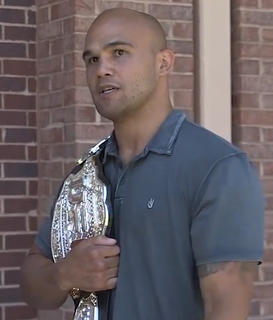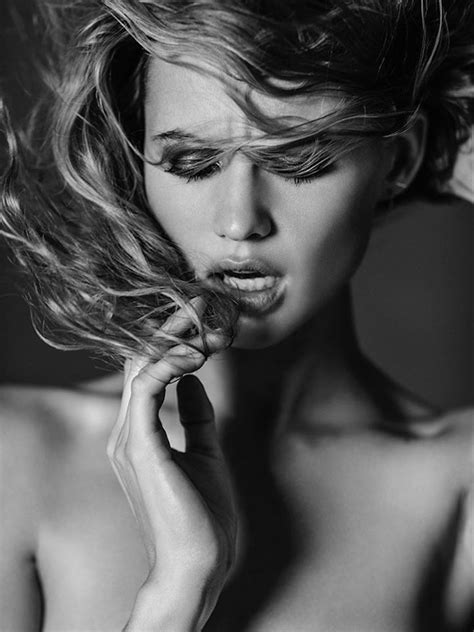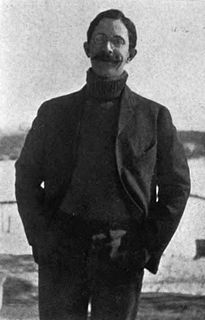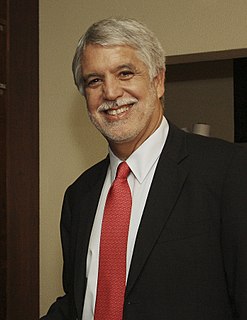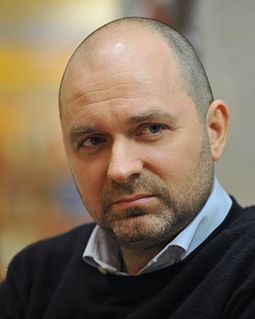A Quote by Steven Knight
Sometimes if you're a director, you want to believe that you're great and capable at all aspects - the technical side, the lights, everything - but I'm not.
Related Quotes
On a very small scale, I kind of understand why the directors that I work with do certain things. I don't consider myself an incredible director. I'm not ready to do movies by any means. But, I feel like I can be a better actress now that I've been on the other side and kind of understand the process and more of the technical aspects of it.
Composition is what's similar between being photographer and director. As a photographer, you're sort of doing everything - you're directing the lights and you're framing and you're moving around. The hardest thing to learn as a director is how cameras have to move. You have to have patience, you have to learn how to look through the lens and then you have to learn to combine all of the compartments into one great image.
I know that I make technical mistakes from time to time. It's one of the aspects of my game that I've been working on for years. I think I've managed to reduce the number of those technical mistakes to a minimum, but occasionally, they happen. On the other hand, I do have moments of technical brilliance.
It takes a man a long time to learn all the lessons of all of his mistakes. They say there are two sides to everything. But there is only one side to the stock market; and it is not the bull side or the bear side, but the right side. It took me longer to get that general principle fixed firmly in my mind than it did most of the more technical phases of the game of stock speculation.
To create anything — whether a short story or a magazine profile or a film or a sitcom — is to believe, if only momentarily, you are capable of magic. These essays are about that magic — which is sometimes perilous, sometimes infectious, sometimes fragile, sometimes failed, sometimes infuriating, sometimes triumphant, and sometimes tragic. I went up there. I wrote. I tried to see.
There's not one way to direct a film, there are so many different ways to do it. Everything affects the way it turns out in the end. Even the smallest things. You don't want to really acknowledge that, because you want to believe that you are the only creative asset as a director. You want to believe you're the only one. But I really feel that everyone teams up and everybody really affects everything. Actually, it's the closest I will get to playing in a band.
What you want is a comfortable environment that you feel you can invent in. Because film is such a lumbering, technical, huge, great Neanderthal thing, it's hard to create that little space of peace, and calm, and creativity, and ease. That's what you want the director to create for you, so that when you walk on the set, you forget all of that, and the fact that it's costing gazillions of dollars a second.




